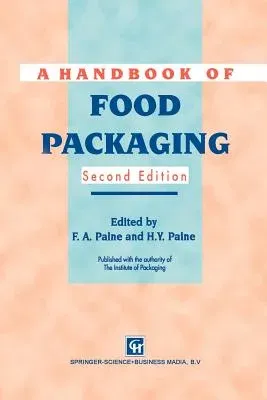This is the second edition of a successful title first published in 1983
and now therefore a decade out of date. The authors consider the
development of the right package for a particular food in a particular
market, from the point of view of the food technologist, the packaging
engineer and those concerned with marketing. While the original format
has been retained, the contents have been thoroughly revised to take
account of the considerable advances made in recent years in the
techniques offood processing, packaging and distribution. While
efficient packaging is even more a necessity for every kind of food,
whether fresh or processed, and is an essential link between the food
producer and the consumer, the emphasis on its several functions has
changed. Its basic function is to identify the product and ensure that
it travels safely through the distribution system to the consumer.
Packaging designed and constructed solely for this purpose adds little
or nothing to the value of the product, merely preserving farm or
processor freshness or preventing physical damage, and cost
effectiveness is the sole criterion for success. If, however, the
packaging facilitates the use of the product, is reusable or has an
after-use, some extra value can be added to justify the extra cost and
promote sales. Many examples of packaging providing such extra value can
be cited over the last decade.


